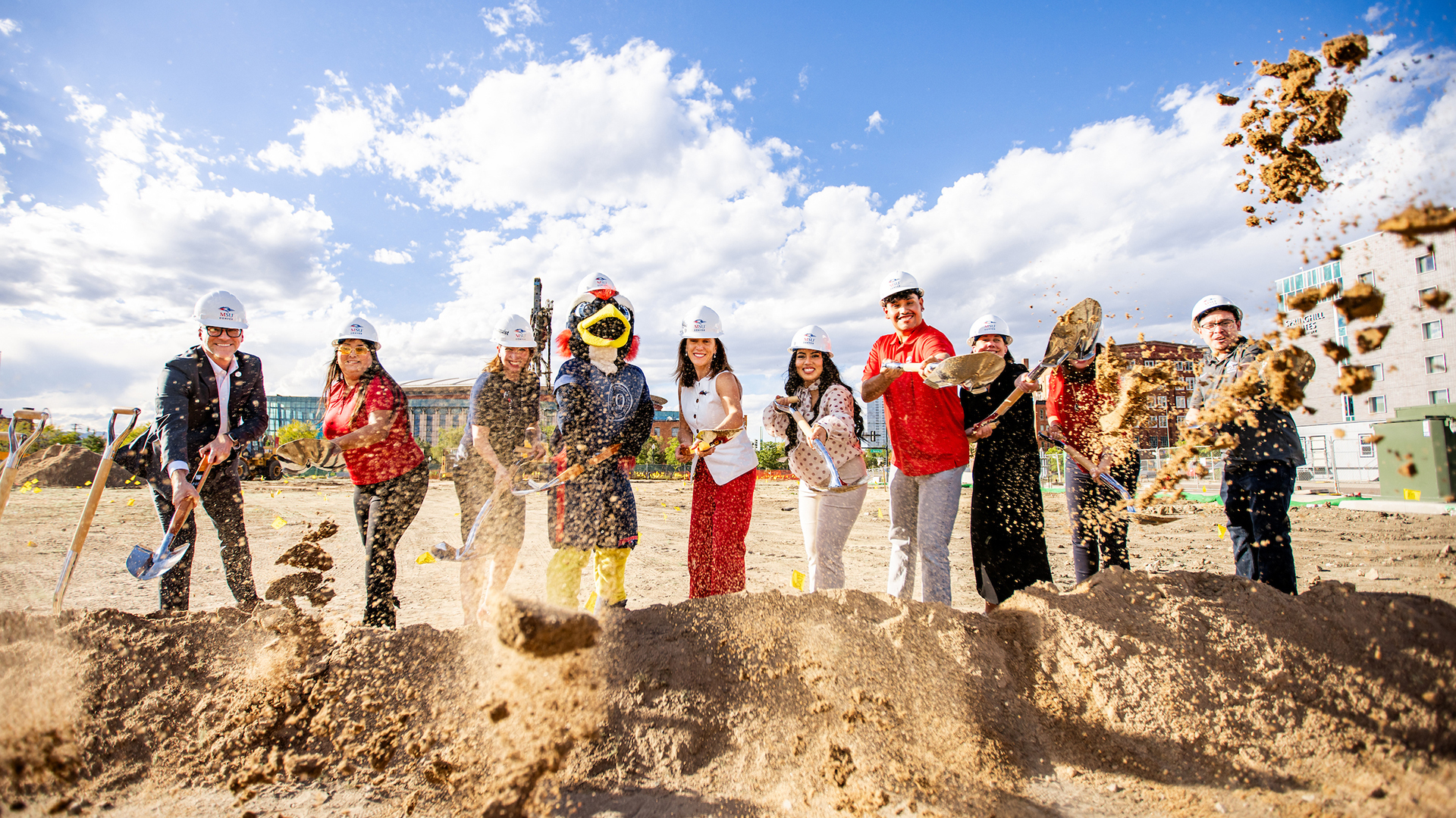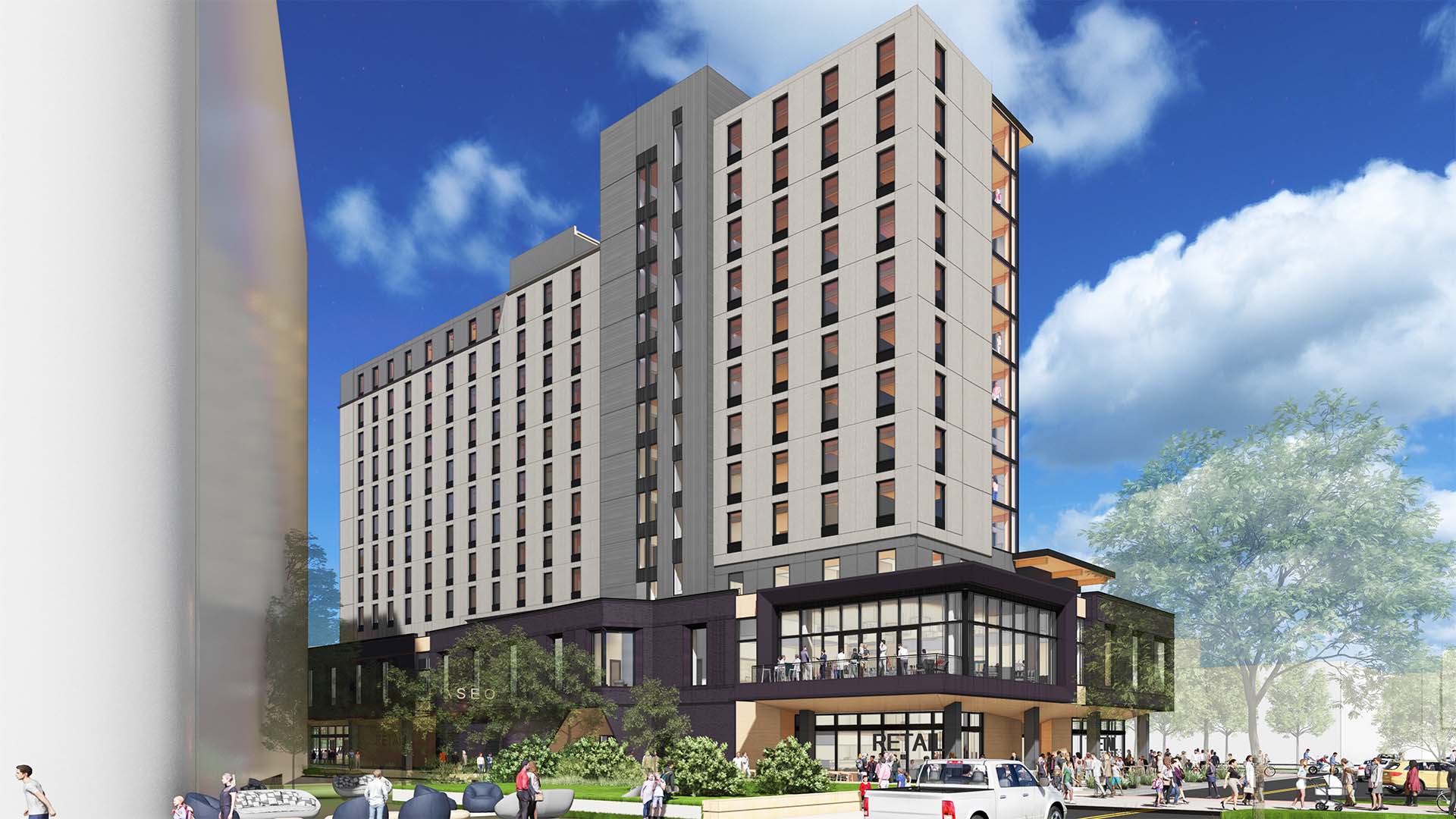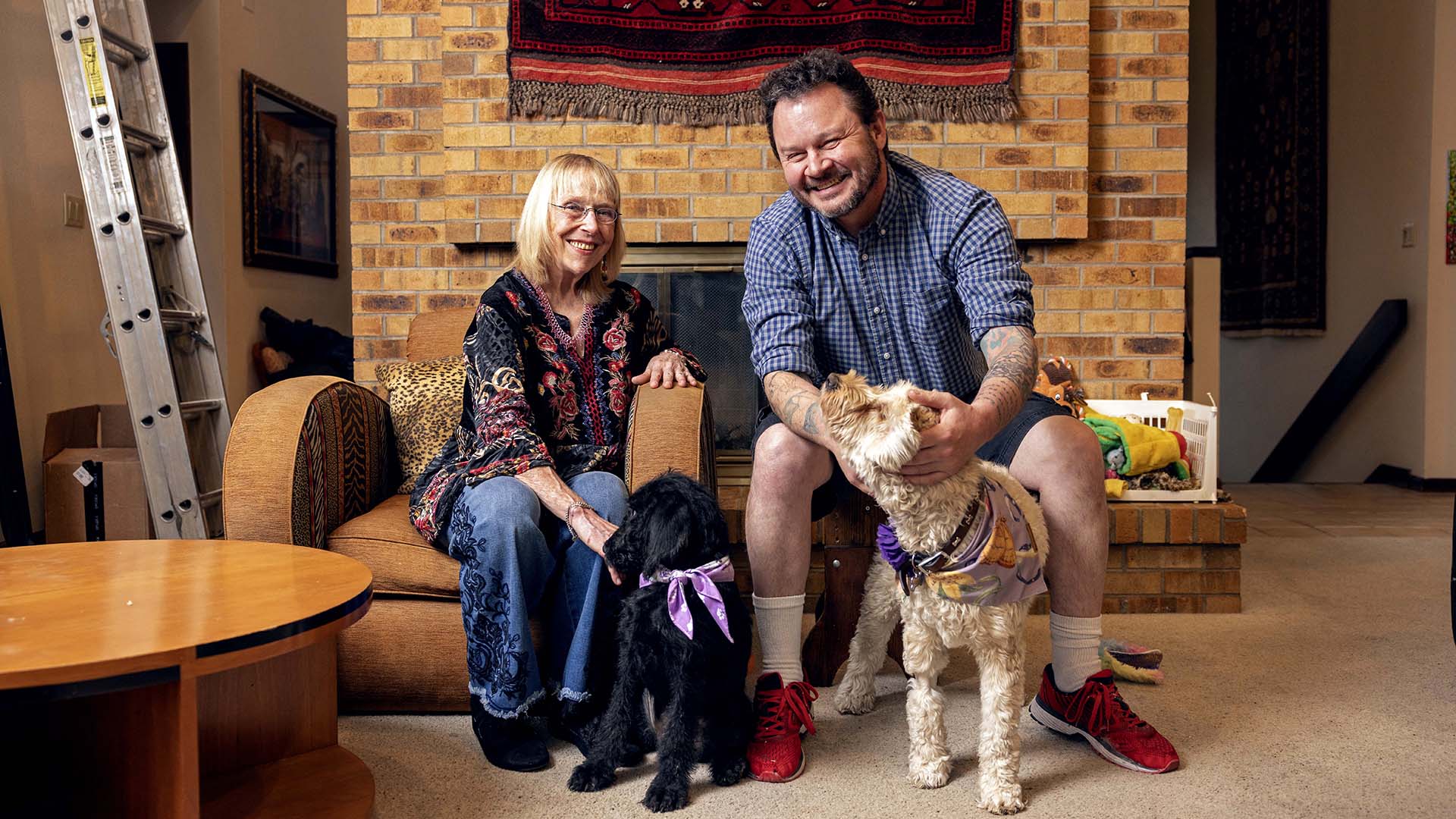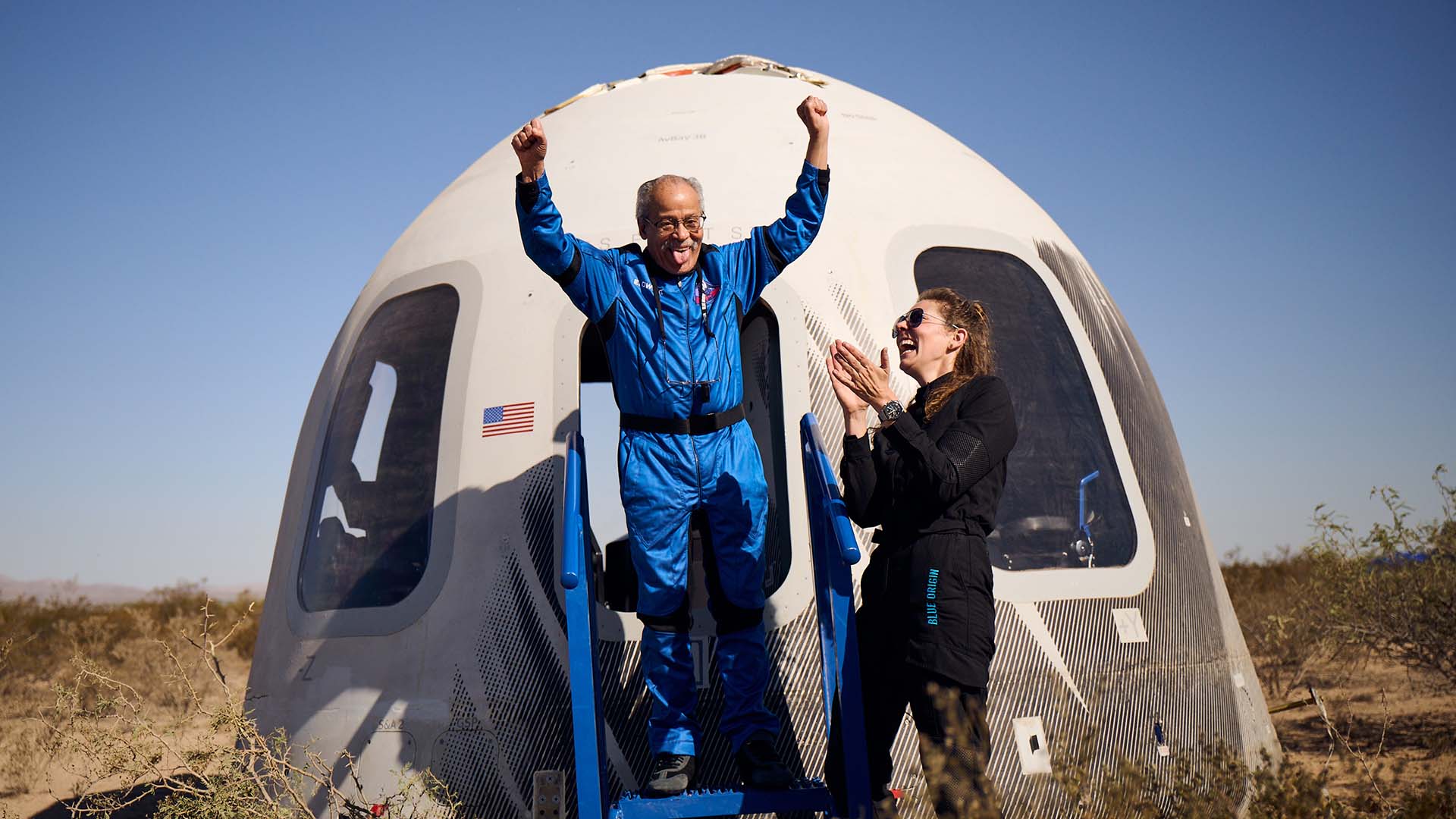Opportunity rising
Sixty years ago, an upstart college offered an unprecedented value proposition. More than 112,000 graduates later, the promise of higher education in Colorado is stronger than ever.
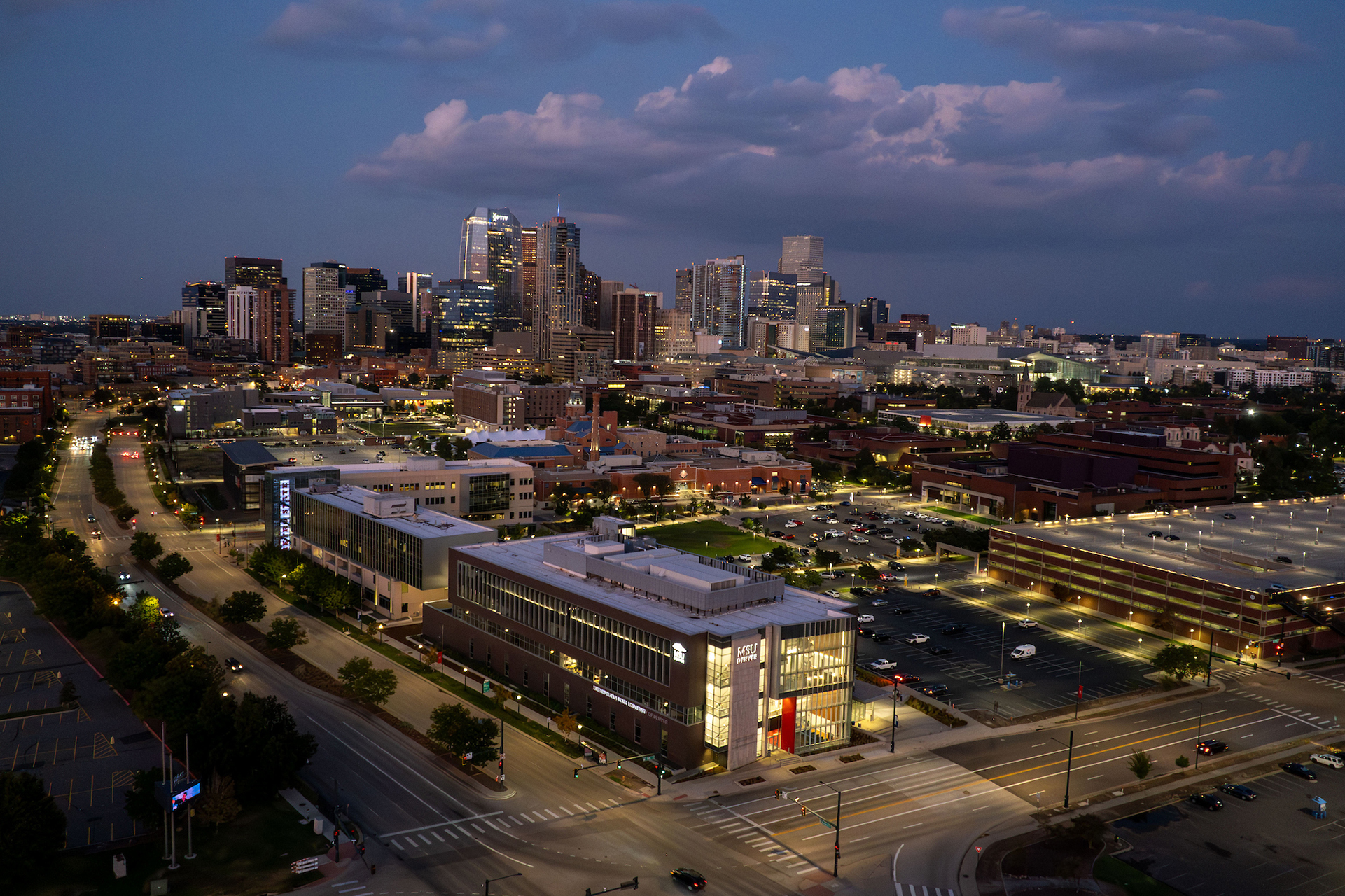
This story appears in the fall 2025 issue of MSU Denver Magazine.
When Metropolitan State College opened its doors in fall 1965, students dodged traffic and defied expectations.
With no dedicated campus of their own, the college’s first enrollees were nicknamed “Roadrunners” because they had to hustle across busy streets to get to classes in scattered downtown Denver office buildings.
They weren’t typical college students — and that was the point.
Roy Romer, the former Colorado governor whom many consider the “father of MSU Denver,” was a young state lawmaker when he led the effort to create a new four-year public institution that would bring greater flexibility to higher education and better accommodate the needs of working students. And in turn, the new college would accommodate the needs of area industry leaders who had been telling lawmakers for years that they needed better-trained, better-prepared workers.
Sixty years later, that upstart college with no campus has transformed into one of the most innovative public urban universities in the country, enrolling nearly 18,000 undergraduate and graduate students and contributing $1 billion a year to the state’s economy.
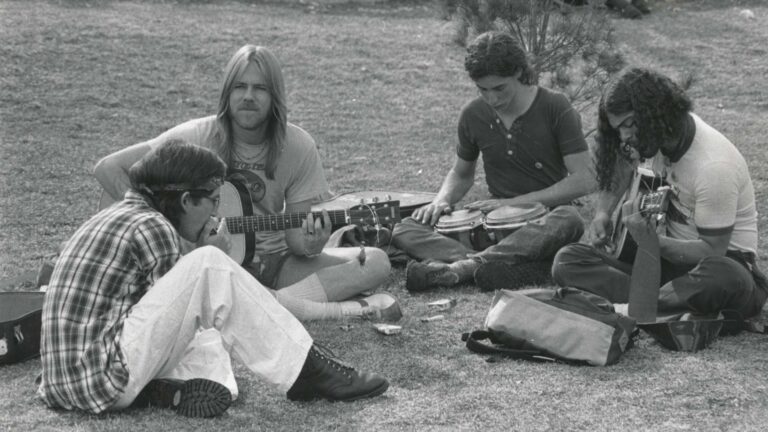
Yet Metropolitan State University of Denver remains as true as ever to its founding mission.
“The founders would absolutely recognize today’s University, and they would be pleased that we have flexed with the changes our students needed,” said Janine Davidson, Ph.D., who has led MSU Denver since 2017 as its ninth president.
During her tenure, Davidson has steered the University through monumental challenges — including the Covid pandemic, state funding cuts and shifting national policies and perceptions — while advancing its mission to bolster Colorado’s workforce and communities through accessible, high-value and relevant programs.
“We define ourselves by who we include, not who we exclude,” she said, “so that students who are ‘non-traditional’ or transferring from somewhere else or who are not as well-prepped by their high schools for higher education will have a chance to transform their lives.”
RELATED PHOTOS: A look back at 60 years of excellence
Nearly 60% of MSU Denver undergraduates are first-generation college students, and 40% have transferred from other institutions. More than half are students of color. Through the decades, the University’s more than 112,000 graduates have made an enduring impact throughout Colorado and beyond.
In fact, MSU Denver’s tenacious students were highly motivated from the outset, said Sandra Maresh Doe, Ed.D., one of Metropolitan State College’s first teachers in 1965 who endured the administrative challenges of a fledgling college and persevered for the mission.
“You had to want to be here,” said Doe, who retired as a professor of English in 2022. “But we had a unique mission in that we gave every student individual attention. We didn’t have big lecture halls. We didn’t have teaching assistants — nobody helped us teach our classes. We just liked students.”
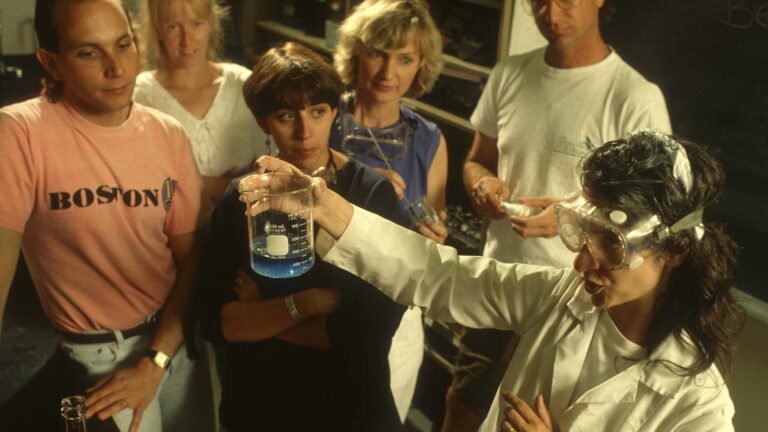
That student-first ethos persists today, with highly accomplished faculty members who love the classroom. MSU Denver’s humanities and arts programs make the University “a cultural center of gravity for our community,” Davidson said.
And true to its original mandate, MSU Denver is laser-focused on preparing students to enter Colorado’s workforce. Industry partnerships and career programs fostered through the Classroom to Career Hub get employers engaged with students prior to graduation so they can explore career options and be workforce-ready when they receive their diplomas.
The C2 Hub, established in 2019, also encourages students to overcome obstacles and stay in school, said Adrienne Martinez, associate vice president of Classroom to Career Initiatives.
“One of our focus areas is illuminating that light at the end of the tunnel,” she said. “We know our students are juggling a lot of competing life priorities — family care, childcare, elder care, jobs — and we want to make it as easy as possible for students to tap into our activities, as well as employers.”
As MSU Denver’s programs and partnerships have evolved over the decades, so has the University’s presence on the Auraria Campus. MSU Denver’s home since the 1970s has created a sense of place that continues to change the face of downtown Denver, said Stephen Jordan, Ph.D., MSU Denver’s longest-serving president, who led the institution from 2005 to 2017.

The Hospitality Learning Center, Science Building, Aerospace and Engineering Sciences Building and 13-acre Athletics Complex were all constructed on Jordan’s watch, along with the Jordan Student Success Building (his name was an honorary addition to the building after his retirement in 2017).
The campus’ transformation continues today, with construction scheduled next year for the state-of-the-art Gina and Frank Day Health Institute Tower, which will bring 10 health-related disciplines under one roof on the central campus.
And MSU Denver’s first residence hall is under construction on the north edge of campus and expected to open in 2027 with beds for 550 students, new dining and retail options and a new headquarters for the C2 Hub.
The new projects, Jordan said, show that MSU Denver is “still focused on preparing people for a better life, changing their economic standing for themselves and their families, which has always been the core mission of the University.”
Jordan’s legacy includes another major milestone in MSU Denver’s history: the name change in 2012 from Metropolitan State College of Denver to Metropolitan State University of Denver. The new name and designation as a university brought the institution’s first graduate pro-grams and greater prestige and helped pave the way for federal designation in 2019 as a Hispanic-Serving Institution.
The question Jordan asked when considering university status was: “Does this change who we are, what our mission and vision are?”
“The answer was no,” he said. “The name change was not an attempt to become a research university. It was an attempt to address the fact that in many professions today, in order to advance and be successful, you needed a master’s degree. It was really clear that there was a demand for these programs and the need for professional advancement.”
As MSU Denver continues to advance the lives of its students, Romer not only validates its success but stresses the need to continue offering opportunity to those students who might otherwise be shut out of higher education.
“I still believe education is the key to the good life,” he said in 2021 after receiving the Marathon Award, MSU Denver’s highest honor. “There are so many people who have not yet had that opportunity.”
Davidson agrees, which is why the three priorities she laid out upon assuming her role in 2017 haven’t changed: “Students, students, students.”
“Our most notable contribution is to provide high-quality, affordable and accessible education for so many Coloradans who might otherwise have been left behind,” Davidson said. “MSU Denver has always been a high-value, smart choice for students.”
Learn more and join us for yearlong celebrations at msudenver.edu/60th-anniversary.

